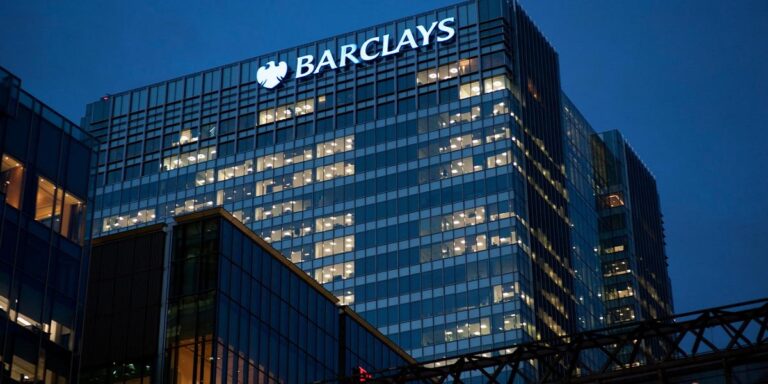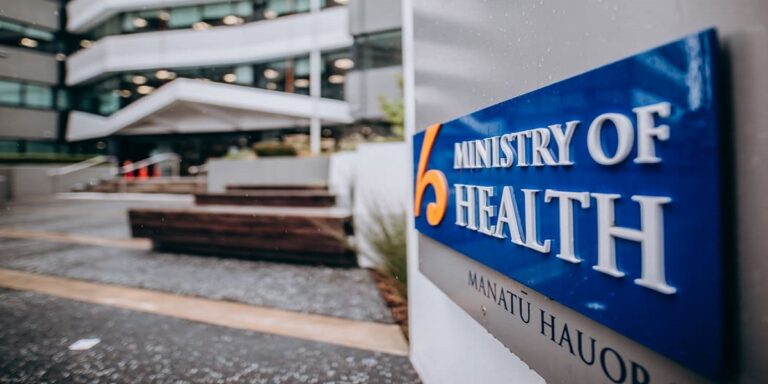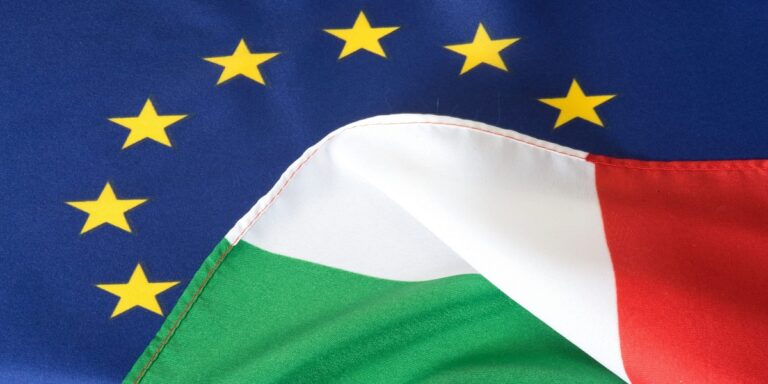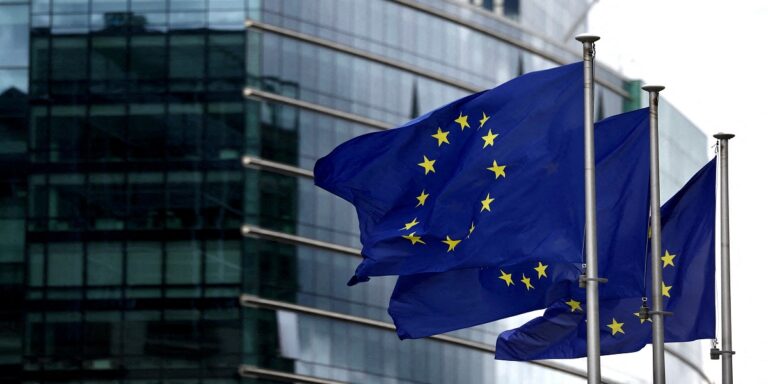On July 27, 2024, the Zimbabwean government proposed a significant measure to impose an excise tax of $0.50 per milliliter on e-liquids. This initiative is part of a broader strategy to regulate e-cigarette usage, reduce its appeal to teenagers, and generate revenue for public health projects.
Details of the Proposed Excise Tax
Tax Rate and Scope
The government has proposed an excise tax of $0.50 per milliliter on e-liquids. This tax aims to make e-cigarettes less appealing to young people and generate additional fiscal revenue for public health initiatives.
Implementation Timeline
The implementation process will be gradual, providing manufacturers, distributors, and retailers with adequate time to adapt to the new regulations. The excise tax is expected to take effect in the coming months, pending final approval from relevant authorities.
Budget Review Announcement
Finance, Economic Development, and Investment Promotion Minister Mthuli Ncube announced the proposal during his mid-term budget review. He emphasized the government’s commitment to reducing smoking rates and mitigating the health risks associated with tobacco use.
Rationale Behind the Proposal
Public Health Concerns
The primary focus of the excise tax is to reduce the appeal of e-cigarettes to teenagers. By increasing the cost of e-liquids, the government aims to discourage youth from using these products.
Funding Public Health Initiatives
Revenue generated from the excise tax will be allocated to public health projects, including anti-smoking campaigns, tobacco control measures, and research into the health effects of e-cigarettes. This funding will support efforts to reduce smoking rates and address the health impacts of tobacco products.
Support for Small Tobacco Businesses
A portion of the funds will be used to support small tobacco businesses that have been affected by the rise of e-cigarettes. This support aims to mitigate the economic impact on these businesses and help them adapt to changing market conditions.
Comparison with Other Taxes
Sugar Tax on Beverages
In addition to the e-cigarette excise tax, the government has also imposed a sugar tax on sugary beverages in the 2024 budget. Revenue from this tax is being used to purchase cancer equipment and medicines.
Impact on the E-Cigarette Market
Market Adaptation
Manufacturers, distributors, and retailers will need to adjust their pricing strategies and operations to comply with the new excise tax. This adjustment period will be crucial for ensuring a smooth transition and maintaining market stability.
Potential Reduction in Youth Usage
The increased cost of e-liquids is expected to deter young people from using these products. By making e-cigarettes less accessible and affordable, the government aims to reduce the prevalence of vaping among teenagers.
Support for Traditional Tobacco Businesses
The excise tax revenue will also provide financial support to small tobacco businesses, helping them navigate the challenges posed by the growing popularity of e-cigarettes.
Conclusion
Zimbabwe’s proposed excise tax on e-liquids represents a significant step in regulating e-cigarette usage and enhancing public health. By imposing a tax of $0.50 per milliliter, the government aims to reduce the appeal of e-cigarettes to teenagers and generate revenue for crucial public health initiatives.
FAQs
What is the proposed excise tax rate for e-liquids in Zimbabwe?
The proposed excise tax rate is $0.50 per milliliter on e-liquids.
When will the excise tax on e-liquids take effect?
The excise tax is expected to take effect in the coming months, pending final approval from relevant authorities.
What is the primary aim of the excise tax on e-liquids?
The primary aim is to reduce the appeal of e-cigarettes to teenagers and generate revenue for public health initiatives.
How will the excise tax revenue be used?
Revenue from the excise tax will fund public health projects such as anti-smoking campaigns, tobacco control measures, and research into the health effects of e-cigarettes. It will also support small tobacco businesses affected by the rise of e-cigarettes.
How does the excise tax on e-liquids compare to other taxes in Zimbabwe?
In addition to the e-cigarette excise tax, the government has imposed a sugar tax on sugary beverages, with revenue used for public health purposes such as purchasing cancer equipment and medicines.


















